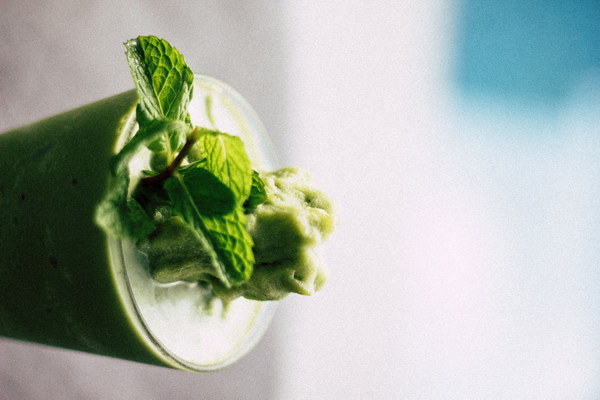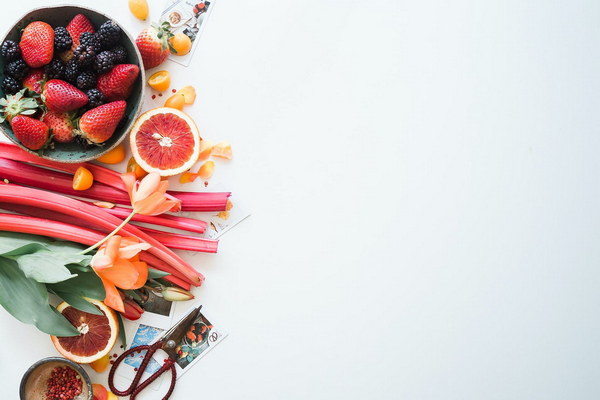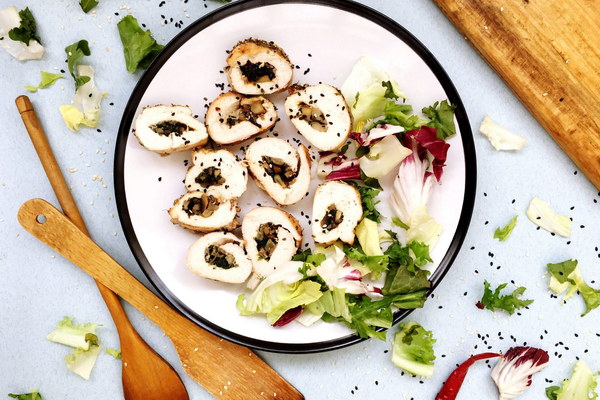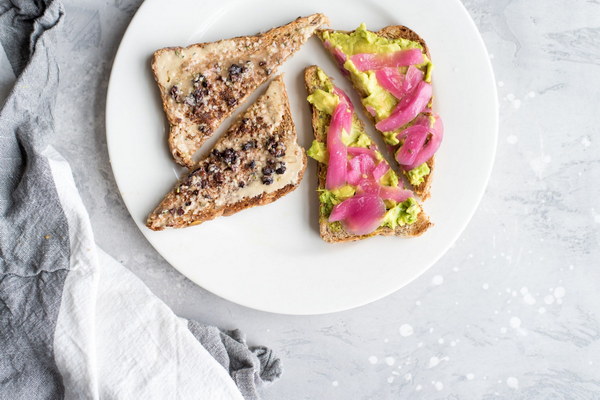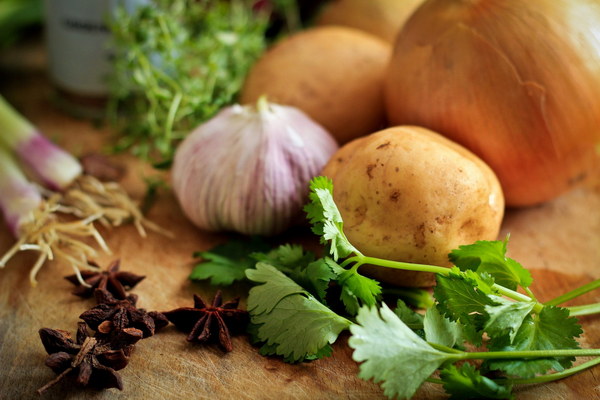Painful Periods How to Nurture Your Body for Relief
Managing painful periods, also known as dysmenorrhea, can be quite challenging. It's important to take care of your body during this time to alleviate discomfort and ensure overall well-being. Here are some effective ways to nurture your body when experiencing menstrual pain:
1. Heat Therapy
Heat therapy is a well-known remedy for menstrual cramps. Applying a heating pad or a hot water bottle to your lower abdomen can help relax the muscles and reduce pain. The warmth increases blood flow to the area, which can help alleviate cramps. It's best to use a heat pack for about 20-30 minutes at a time.
2. Gentle Exercise
Engaging in gentle exercise during your period can help reduce pain. Activities like walking, yoga, or swimming can stimulate the release of endorphins, which are natural painkillers. However, it's important to avoid strenuous workouts that could exacerbate cramps or cause fatigue.
3. Proper Nutrition
A balanced diet rich in nutrients can help alleviate menstrual pain. Focus on incorporating the following into your meals:
- Magnesium: This mineral can help relax muscles and reduce cramping. Foods high in magnesium include almonds, cashews, and spinach.
- Vitamin B6: This vitamin has been shown to reduce the severity of menstrual cramps. Good sources include bananas, avocados, and legumes.

- Omega-3 Fatty Acids: These can help reduce inflammation. Fish like salmon and sardines, as well as flaxseeds and chia seeds, are great sources.
- Calcium: Calcium works in conjunction with magnesium to help reduce cramping. Dairy products, leafy greens, and fortified foods are all good sources.
- Protein: Eating a diet rich in protein can help manage hormones that can exacerbate cramps.
4. Hydration
Staying hydrated is crucial during your period. Water can help alleviate bloating and support overall bodily functions. Aim to drink at least 8 glasses of water a day.
5. Adequate Sleep
Adequate rest is essential for managing menstrual pain. Lack of sleep can exacerbate cramps and fatigue. Aim for 7-9 hours of quality sleep each night.
6. Stress Reduction
Stress can worsen menstrual pain. Techniques such as meditation, deep breathing exercises, or gentle stretching can help reduce stress levels. A warm bath or a soothing massage can also provide relief.
7. Over-the-Counter Pain Relievers
Nonsteroidal anti-inflammatory drugs (NSAIDs), such as ibuprofen or naproxen, can help reduce menstrual pain. It's best to start taking these medications a few days before your period begins and continue as directed.
8. Alternative Therapies
Some women find relief through alternative therapies such as acupuncture, herbal remedies, or massage therapy. These treatments can help manage pain by addressing underlying causes.
9. Period-Friendly Products
Using period-friendly products like organic tampons or menstrual cups can reduce irritation and discomfort. It's also important to change these products regularly to prevent infections.
10. Consult a Healthcare Professional
If your menstrual pain is severe or persists, it's important to consult a healthcare professional. They can rule out underlying conditions and recommend appropriate treatments.
By following these tips, you can help nurture your body during your period and alleviate menstrual pain. Remember, taking care of yourself is essential for overall health and well-being.


